How I Built A Hard Science Fiction Game With AWS Services?
4.9 out of 5 based on 11257 votesLast updated on 15th Feb 2025 23.6K Views
- Bookmark

AWS supports game development with scalable cloud hosting, AI, analytics, and multiplayer services for seamless gaming experiences.
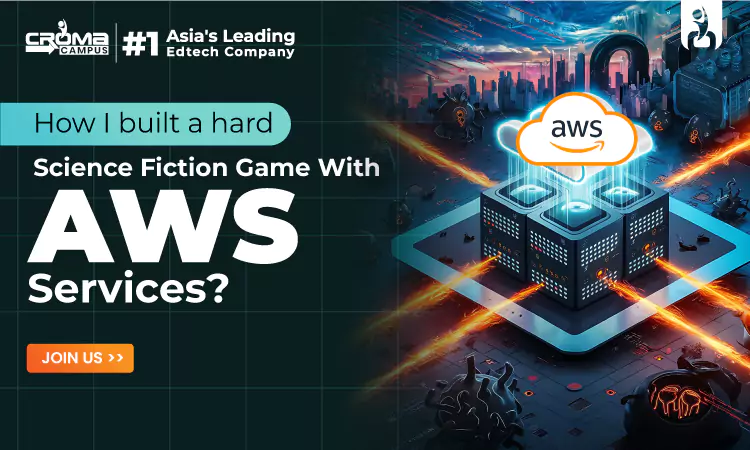
Creating a hard science fiction game required robust infrastructure, real-time performance, and scalable services. Leveraging cloud services like AWS transformed my development process, allowing me to build an efficient and immersive game. I’ll walk you through how AWS services played a pivotal role in the game’s creation and how AWS Online Course and Certification can help you achieve similar results.
Introduction
Building a hard science fiction game involves complex data storage, real-time interactions, and massive scalability. As the development progressed, I realized that AWS services provided the most versatile and reliable tools for these requirements. From leveraging compute resources with Cloud Computing Courses AWS to securing data storage with Amazon S3, AWS has been the backbone of this project.
With the rise of cloud-first strategies in both startups and enterprises, AWS skills have become in high demand. Local tech institutes and organizations in Noida are offering advanced cloud computing certifications, and with increasing investment in the cloud sector, there is a growing focus on adopting technologies like artificial intelligence, machine learning, and big data solutions powered by cloud platforms like AWS.
AWS Services for Game Development
1. Amazon EC2 (Elastic Compute Cloud) for Game Hosting
Amazon EC2 allowed me to host the game’s backend servers with low latency. Using EC2 instances helped scale resources on-demand, ensuring smooth gameplay even with increased user traffic. EC2 instances are cost-effective and flexible, making them ideal for handling game logic, real-time processing, and multiplayer interactions.
2. AWS Lambda for Serverless Game Logic
By using AWS Lambda, I eliminated the need to manage servers and focused on game-specific logic. AWS Lambda automatically scales the game logic based on player interactions, and only charges for actual execution time, helping reduce operational costs.
3. Amazon DynamoDB for Fast Data Retrieval
For storing user profiles, in-game achievements, and real-time player data, Amazon DynamoDB proved essential. This NoSQL database allows ultra-low latency data retrieval, crucial for ensuring a smooth, real-time gaming experience. Players’ in-game actions, scores, and profiles are instantly accessible due to DynamoDB's high availability and scalability.
4. Amazon S3 for Asset Storage
As game assets grew in size, Amazon S3 became invaluable for secure and scalable storage. From images, audio, and video files to complex game world maps, S3 provided a flexible storage solution with easy access controls and versioning, ensuring smooth asset updates during development.
The AWS Architecture
The game is developed using client-side JavaScript and runs entirely within the browser. Since all the game code is delivered as static HTML and JavaScript files, the most cost-effective and straightforward hosting solution is a static site hosted on an S3 bucket, backed by the CloudFront CDN. This setup enables fast global file distribution, while CloudFront handles TLS termination, eliminating the need to manage custom certificates or servers.
Additionally, the game gathers anonymized high-level metrics on player activity, such as the number of players and their progress through the game. These metrics are stored in an RDS PostgreSQL database via a serverless API built using API Gateway and Lambda. Although an existing RDS instance is being used, a serverless RDS alternative would work just as well.
The S3 bucket and CloudFront distribution were deployed using the AWS console, while the serverless metrics Lambda was set up using a Python-based AWS CDK stack.
Also Read This:
AWS Serverless Application Model
AWS Cloud Practitioner Exam Questions
Advanced AWS Services Used in the Game
1. Amazon CloudFront for Global Content Delivery
With global players accessing the game, Amazon CloudFront ensured a smooth, low-latency experience by caching game content at edge locations closer to players. The use of CloudFront helped deliver large assets like textures, models, and game updates faster, improving the overall user experience.
2. Amazon RDS for Relational Databases
The game required relational data storage, such as tracking user transactions, multiplayer scores, and achievements. Amazon RDS with MySQL was used to handle transactional data securely. The service provided automated backups, patch management, and scaling, which allowed the game to handle fluctuating user activity seamlessly.
3. AWS GameLift for Multiplayer Game Hosting
Managing multiplayer game servers is no easy task. AWS GameLift helped me deploy, operate, and scale dedicated game servers with ease. The service automatically adjusts server capacity based on player demand, ensuring that latency is minimized and users enjoy seamless multiplayer experiences.
Training and Certification for AWS Expertise
- Building a game with AWS services was a learning experience, but AWS Training and Certification provided me with the necessary knowledge to utilize these services efficiently.
- If you’re interested in cloud computing or game development, AWS Cloud Practitioner Certification is a great starting point. This certification provides foundational knowledge, helping you understand cloud concepts and AWS services.
- Whether you're pursuing your AWS Solution Architect Training and Placement certification or simply want to deepen your knowledge, AWS training can help you build powerful cloud-based applications.
Metrics and Performance Insights
Game Performance Metrics
Here’s a quick look at some real data I tracked for the game’s performance, using AWS services like CloudWatch and AWS X-Ray.
Metric | Value |
Active Users | 10,000+ |
Average Server Latency | 30ms |
API Calls per Second | 1,000+ |
Data Transfer (GB) | 50GB/month |
A Snapshot
Using Amazon DynamoDB for player data, here’s a snapshot of how real-time player information is stored and retrieved:
Player ID | Score | Level | In-Game Currency (Coins) |
101 | 5000 | 10 | 2000 |
102 | 4500 | 9 | 1800 |
103 | 6000 | 12 | 2500 |
Expanding Your Cloud Skills: More Learning Opportunities
To further advance your cloud expertise, consider exploring a Google Cloud Course. Google Cloud provides powerful tools for AI, machine learning, and big data analytics, making it an excellent choice for developers looking to build scalable applications. Learning Google Cloud equips you with the skills to work with services like BigQuery, Kubernetes Engine, and Firebase, helping you create efficient cloud-based solutions.
Similarly, a Microsoft Azure Course Online can enhance your cloud computing knowledge, especially if you're interested in enterprise solutions and hybrid cloud environments. Azure is widely used in corporate IT infrastructure, AI-driven applications, and IoT development, making it a valuable skill for professionals aiming to work with Azure Virtual Machines, Azure DevOps, and cloud security.
Cloud Services in Noida
Noida, an emerging tech hub, is one of the cities where cloud computing is rapidly gaining traction. With many global tech companies, startups, and IT firms establishing their presence here, there’s an increasing demand for skilled cloud professionals. By enrolling in AWS Training in Noida, you’ll become part of a growing community of cloud enthusiasts, equipped with the skills to tackle the latest cloud technologies and solve complex problems with AWS.
For those in Noida, there is a unique opportunity to dive deeper into cloud infrastructure with AWS Training Institute in Delhi, where local instructors provide practical, hands-on experience. Noida has rapidly evolved into a major technology hub, attracting companies specializing in cloud computing, artificial intelligence (AI), cybersecurity, and data analytics. With government-backed tech initiatives and the rise of digital transformation projects, Noida continues to be a hotspot for IT innovation and cloud adoption.
How AWS Supports Game Development?
AWS is an ideal cloud platform for game developers. The scalability, flexibility, and rich ecosystem of services make it perfect for hosting, game logic, data storage, and real-time processing. As I built the game, AWS tools like Amazon EC2, Lambda, DynamoDB, and GameLift allowed me to scale resources on demand, ensuring a seamless gaming experience.
Data Analysis and Optimization for Game Performance
Incorporating real-time analytics into the game’s performance, AWS CloudWatch helped me monitor performance metrics and make adjustments in real time.
Game Performance Breakdown
Scaling the Game Infrastructure
For scaling, AWS services like Auto Scaling and Elastic Load Balancer (ELB) were pivotal. These tools automatically adjust game server capacity based on the number of active players, ensuring optimal performance without over-provisioning resources.
Conclusion
Creating a hard science fiction game with AWS services was a rewarding challenge. AWS services provided a solid foundation for game hosting, real-time processing, and data management. With the help of the AWS Course and other specialized AWS certifications like Certified Solutions Architect, I gained a deeper understanding of how cloud services can be harnessed for game development. If you're eager to start your cloud journey or enhance your skills, AWS Training offers hands-on guidance and certification programs that can help you build scalable, high-performance applications. So, whether you're in the world of gaming or any other tech domain, AWS gives you the tools to innovate, scale, and succeed.
Subscribe For Free Demo
Free Demo for Corporate & Online Trainings.
Your email address will not be published. Required fields are marked *
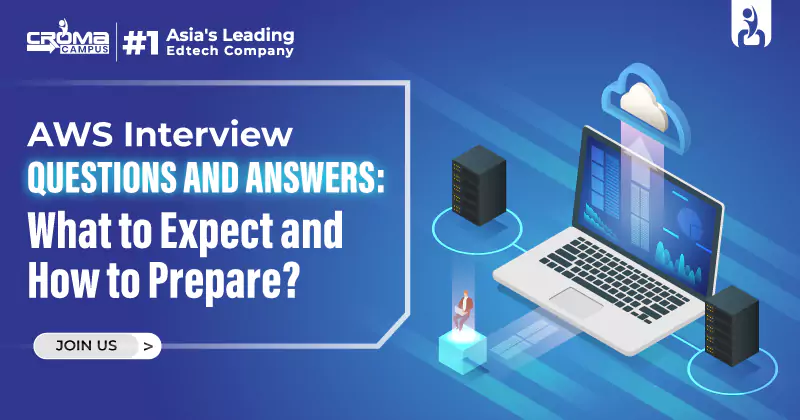
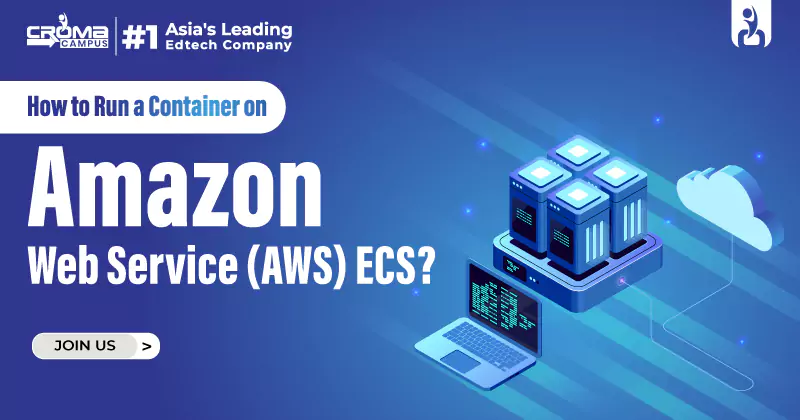
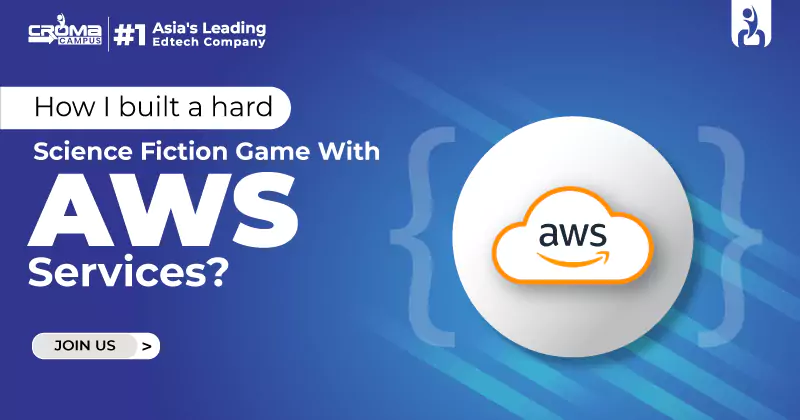
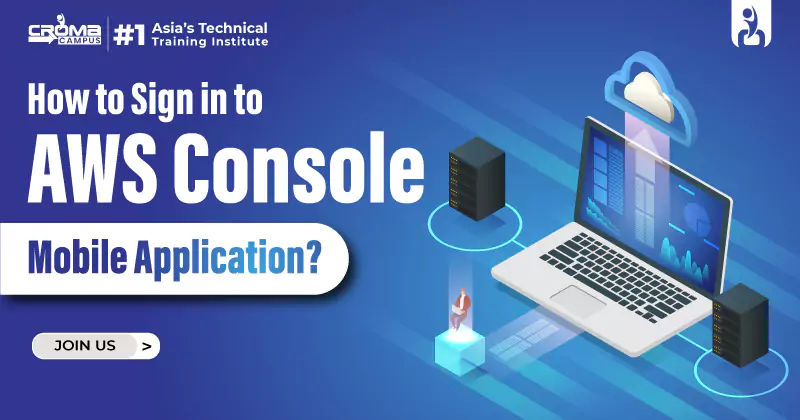

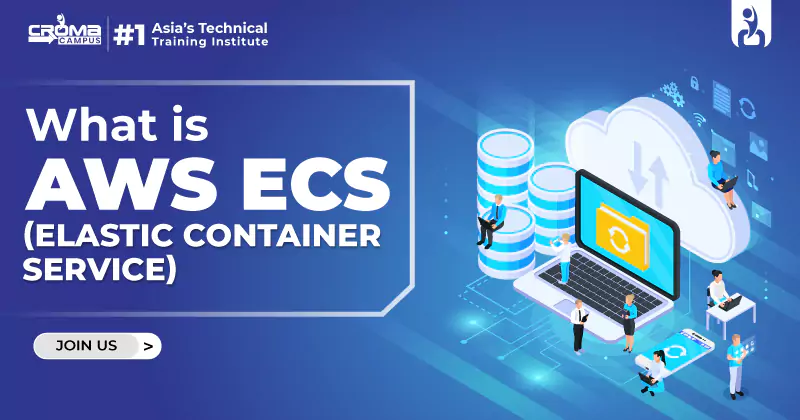
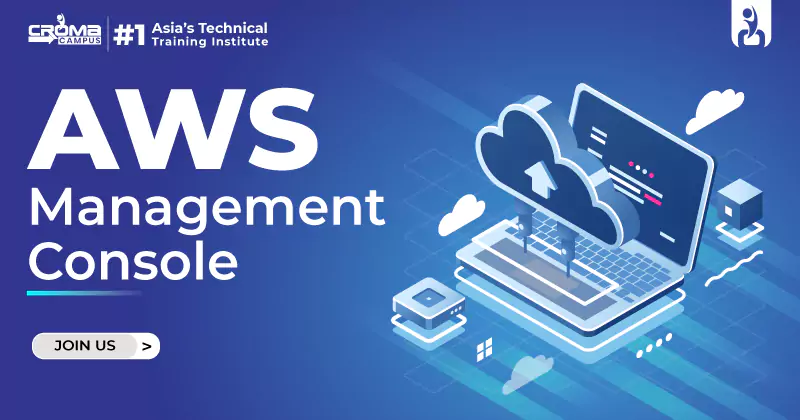
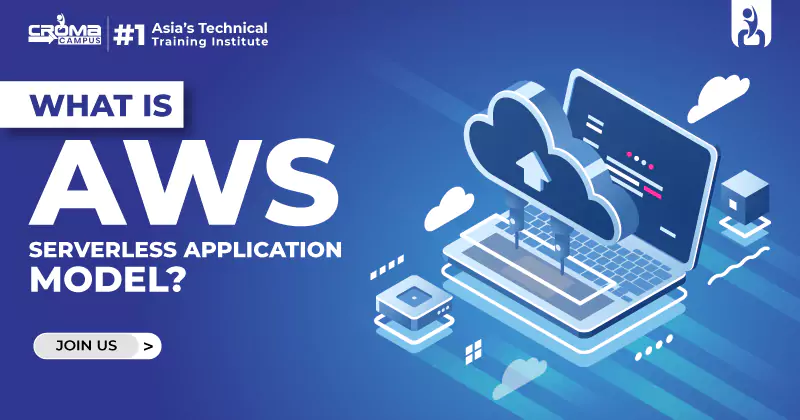
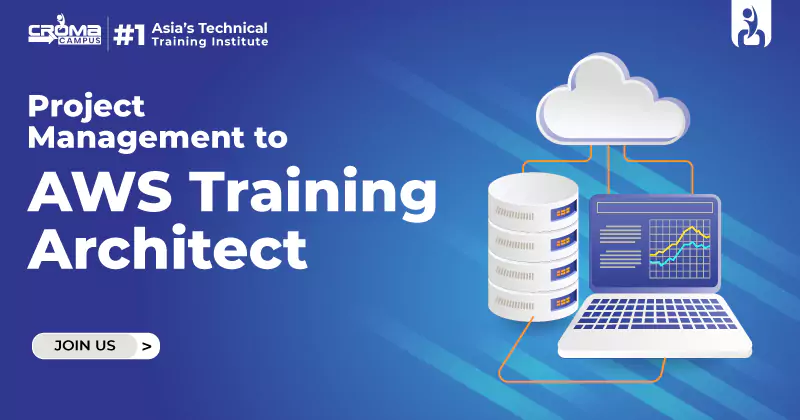
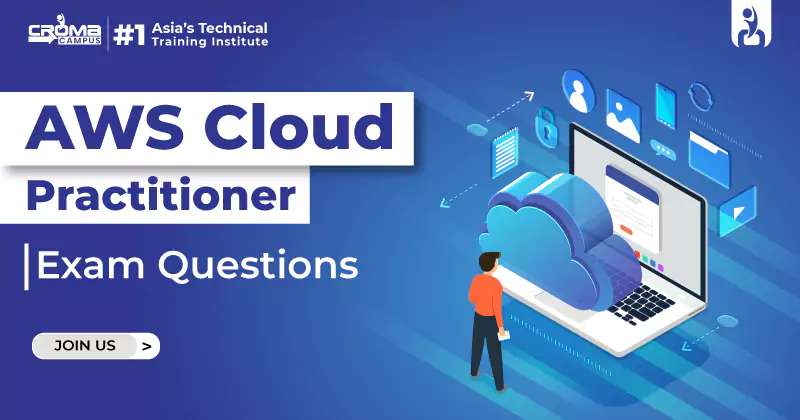
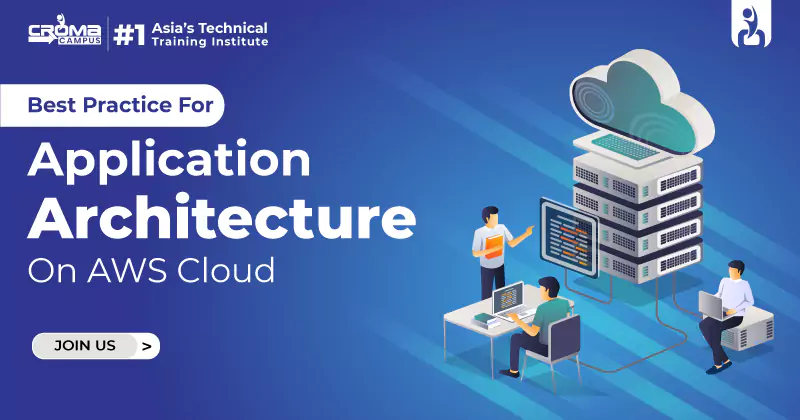
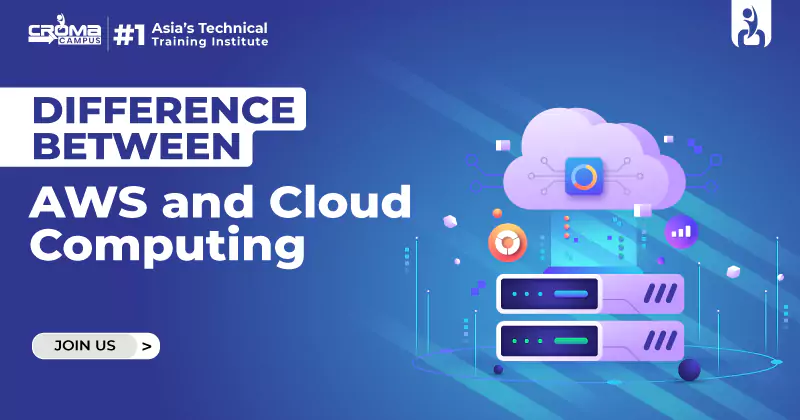










 Master in Cloud Computing Training
Master in Cloud Computing Training